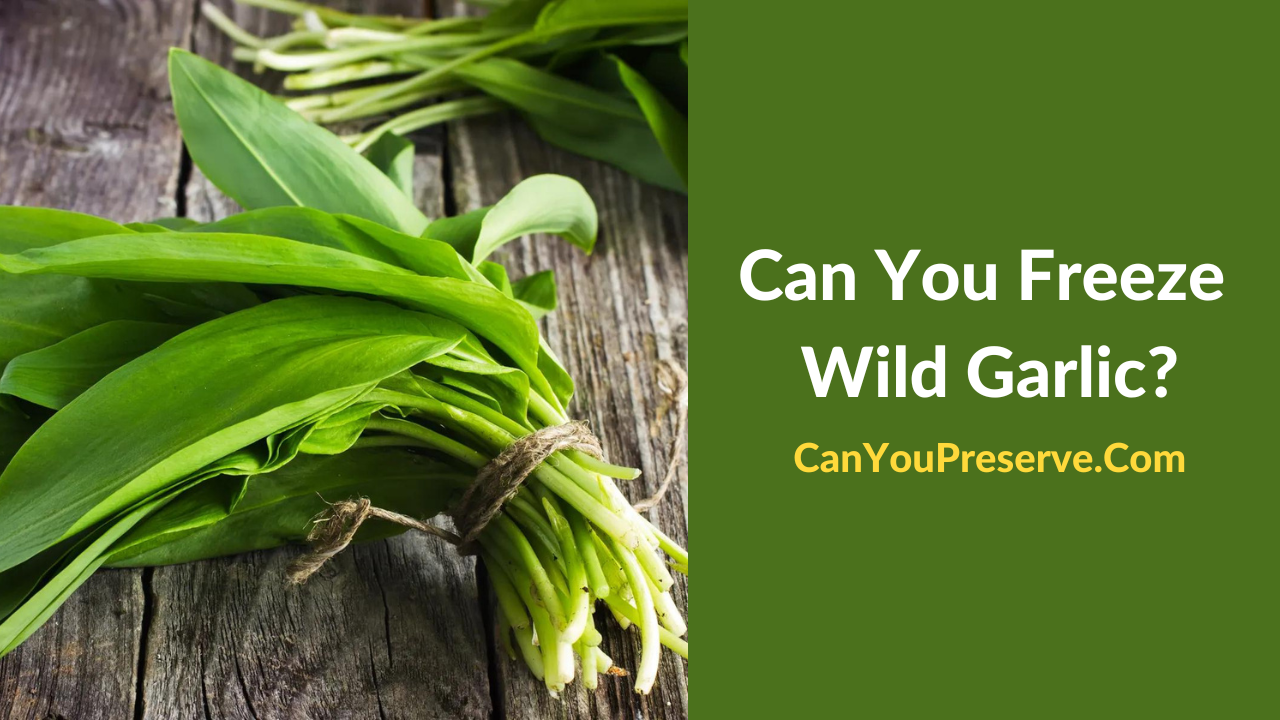Can You Freeze Cherry Juice?: Cherry juice is a good source of several vitamins and minerals, including potassium, which helps regulate blood pressure. It is packed with antioxidants to boost immunity and ward off cancer.
Given the amazing health benefits combined with a delicious taste, who wouldn’t want to have access to cherry juice all the time? But how can you do that, what’s the best way to store cherry juice for the long term? Can you freeze the cherry juice? Let’s find out all the details related to freezing, storage, shelf life, defrosting, refreezing, and much more about cherry juice.
- Can You Freeze Cherry Juice?
- How To Freeze Cherry Juice?
- How Long Can You Freeze Cherry Juice?
- Does Cherry Juice Freeze Well?
- Can You Freeze Canned Cherry Juice?
- How Do You Defrost Cherry Juice?
- Can You Refreeze Cherry Juice?
- Can You Make Cherry Lollies with Juice?
- Can You Freeze Cherry Juice in the Carton?
- Can you freeze cherries?
- Can you freeze concentrated cherry juice?

Can You Freeze Cherry Juice?
Yes, you can easily freeze cherry juice. The good news is that you can freeze both homemade and store-bought cherry juice. You have two options to freeze cherry juice: either freeze large portions in thick freezer bags or small amounts in an ice cube tray. You can choose the best freezing method as per your preference and it will also depend upon the amount of frozen cherry juice you will like to consume in one go.
We would recommend freezing your cherry juice directly in larger portions if you plan to use the cherry juice to drink or cook with. Or else freeze it in small ice cube-sized portions that are absolutely perfect for popping into a drink or smoothie. Keep reading on to find the best method to freeze your cherry juice successfully.
How To Freeze Cherry Juice?
The process of freezing cherry juice is simple and quick. As mentioned earlier, you have the option to freeze them in large portions or in small portions using the ice cube method. Here’s how to freeze cherry juice in large portions:
Step 1: Label
Write the date of freezing on the freezer bag before pouring in the cherry juice. This is because once the bag is filled with cherry juice, it will be difficult to write on it.
Step 2: Portion
Choose the freezer bags according to the amount of cherry juice you wish to freeze. When filling the bags, keep a small gap at the top to allow the juice to expand when freezing.
Step 3: Seal the Bag
Tightly seal the cherry juice filled freezer bags. And if you want double protection, you can add a second bag. This will help keep the cherry juice from getting freezer burn and help prevent any spillage. Adding an extra bag is highly recommended when you’re freezing the juice for longer than 6 months.
Step 4: Freeze
Then place the freezer bag into the freezer. Gently place them on a flat platform in the freezer until they are completely frozen. If you need space, you can stand the bags up.
Voila! Your cherry juice will be nicely frozen just by following these easy steps. Then whenever you wish to consume it just take the required quantity out of the freezer and enjoy your drink.
How Long Can You Freeze Cherry Juice?
Cherry juice is amazing, not just because of how many versatile uses it has but also for how long it can be stored! As long as you have followed the correct freezing method, you can freeze cherry juice for up to 12 months without worrying about the taste or quality degrading.
Now you may ask, “How long does cherry juice last in the fridge?” Well, once opened, cherry juice can be kept in the fridge for around 2 weeks before it goes bad. In simple words, freezing cherry juice provides it with the longest shelf life, thus if you’ve got a lot of leftover juice you must freeze it as soon as possible.
| Cherry Juice | Shelf life |
| In the refrigerator | Around 2 weeks |
| In the freezer | 12 months |
Does Cherry Juice Freeze Well?
Yes, just like most types of juice, cherry juice freezes very well. Luckily, if you’re going to use frozen cherry juice to make smoothies or use it for cooking, you won’t know the difference between frozen and fresh cherry juice.
However, there can be a slight difference between frozen and fresh juice. After freezing cherry juice, you may notice the taste does not remain as fresh as the original one. This is because when the cherry juice is frozen, ice crystals will form inside it. Then, during the thawing process, the ingredients will separate a bit. For better results, you can use a spoon and stir the ingredients back together once it’s thawed.
Can You Freeze Canned Cherry Juice?
If you have leftover canned cherry juice, you probably wonder if you can freeze them just like the homemade ones. But the answer to that will depend on whether the can is opened or not. If you are planning to freeze an unopened can of canned cherry juice, hold on, it’s a bad idea. Freezing an unopened cherry juice can cause the tin can to burst when the juice expands during freezing.
However, if the can is open, you can freeze cherry juice, but you’ll need to transfer it to an airtight container. The process for freezing it is the same as described above for freezing homemade cherry juice. If you are interested to know about the freezing process of cherries as a whole then have a look at the article Can You Freeze Cherries and clear your doubts.
How Do You Defrost Cherry Juice?
If you do wish to defrost the cherry juice before use, then the best way to do this is to pop it into a bowl or jug and put it in the fridge for a few hours until it has thawed out completely.
You can use frozen cherry juice in a number of ways. Interestingly, you can eat cherry juice because it is completely frozen! Cherry juice makes lovely ice lollies and desserts, so simply pop it into a bowl, grab a spoon, and enjoy your delicious snack. You can also use cherry juice ice cubes directly from the freezer. Either pop the frozen cherry juice cubes into a glass of water for a refreshing drink or throw some into the blender with other ingredients and blend for a delicious smoothie.
And if you want your cherry juice heated, you can do this by putting it in the microwave and defrosting it before heating it up. Or, you can put the cherry juice into a saucepan on a low heat until the juice has defrosted and then heated up.
Can You Refreeze Cherry Juice?
No, you shouldn’t refreeze cherry juice if you want to maintain the quality of the juice. Although the cherry juice freezes well, it can’t be guaranteed that there will be no changes, especially if you want to freeze it multiple times. If you thaw and heat the juice several times, there is also a chance of bacteria growth, which can be harmful.
However, when it comes to refreezing most types of juice, you can do so only if it has not thawed completely yet. But once the cherry juice has thawed completely, you should not refreeze it again. To avoid the need for refreezing the cherry juice, you should only remove the amount of juice you need from the freezer. Also, it’s a good idea to portion the juice, so you’ll need to take out what you can consume in one sitting.
Read More:
FAQs On Freezing Cherry Juice
1. Can You Make Cherry Lollies with Juice?
Yes, you can make cherry juice lollies by simply decanting your juice into an ice lolly mold and letting it set. If the juice is thick or strong, you can water it down a little to make it easier to freeze and also increase the quantity.
2. Can You Freeze Cherry Juice in the Carton?
No, freezing the cherry juice in a carton is not a good idea. There might not be room for expansion, and this can cause the carton to split.
Yes, you can freeze cherries for up to 6 months. First, you’ll need to flash and freeze them on a baking tray. This will prevent the cherries from sticking to each other when they are stored in the freezer. Then place them into a freezer bag or an airtight container, seal it, and label it with the date of freezing, and freezer.
4. Can you freeze concentrated cherry juice?
For a longer shelf life, cherry juice concentrate should be refrigerated upon arrival. You can store cherry juice concentrate for 6 to 12 months in the freezer.
Wrapping Up
Cherry juice is surprisingly beneficial to our health in several ways. Cherry juice is great for gym enthusiasts as it helps with post-workout recovery and muscle damage. The metabolism-boosting properties of cherry juice are beneficial for fat loss.
Therefore, if you’re looking for a quick and healthy meal, frozen cherry juice can come in really handy. Just follow the above-mentioned guidelines, and you’ll have readily available frozen cherry juice all around the year. Drop us a comment below to get answers to all your food-related questions. Keep following our website for more updates on articles like Can You Freeze Zest and others.








